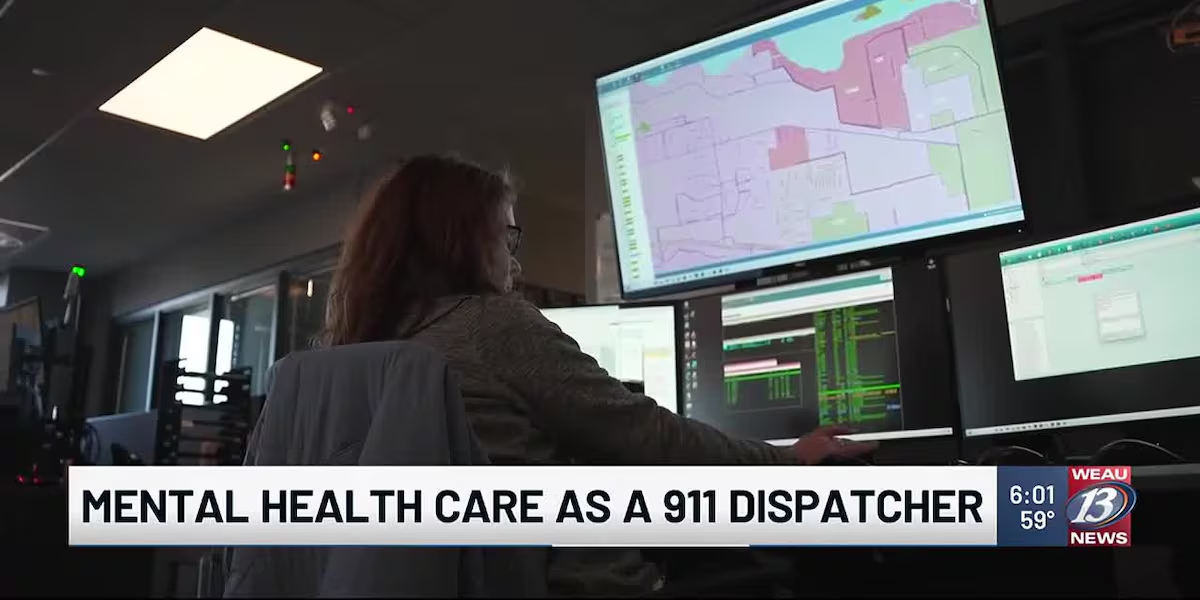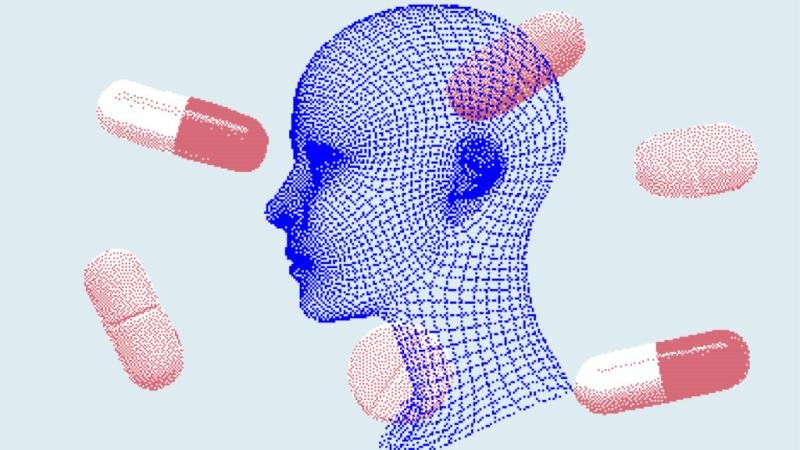As communities continue to address the growing need for mental health support, some emergency response systems are integrating mental health professionals into their 911 dispatch operations. This approach aims to improve responses to mental health crises and reduce the burden on traditional emergency services.
In cities like Los Angeles and Denver, mental health crisis teams now work alongside police and paramedics, providing immediate support for individuals experiencing mental health emergencies. These teams often include licensed therapists or psychiatric nurses who can assess situations more effectively than first responders alone.
For instance, Los Angeles has reported a 40% decrease in arrests related to mental health issues since implementing this system. Instead of diverting individuals to jail, trained mental health professionals can facilitate access to treatment programs or community resources. This model not only helps individuals receive appropriate care but also alleviates pressure on law enforcement and emergency medical services.
Denver’s approach includes a dedicated mental health unit that responds to 911 calls involving mental health crises. This unit has shown a 30% increase in successful resolutions without involving law enforcement. Their presence reduces stigma and facilitates a more compassionate response to those in crisis.
Moreover, integrating mental health responders into emergency systems can lead to more efficient use of resources. Traditional emergency rooms often face overcrowding due to individuals seeking help for mental health issues. By addressing these concerns in the community, mental health teams can help prevent unnecessary hospitalizations, ultimately saving public health funds.
As this trend grows, cities are developing training programs for emergency dispatchers to recognize mental health emergencies and connect callers with the appropriate resources. This training helps ensure that individuals in crisis receive timely and effective support.
The shift towards including mental health professionals in emergency response teams reflects a broader recognition of mental health as a critical aspect of public safety. As more communities adopt this model, the focus on compassionate and effective crisis intervention in mental health continues to gain traction.



